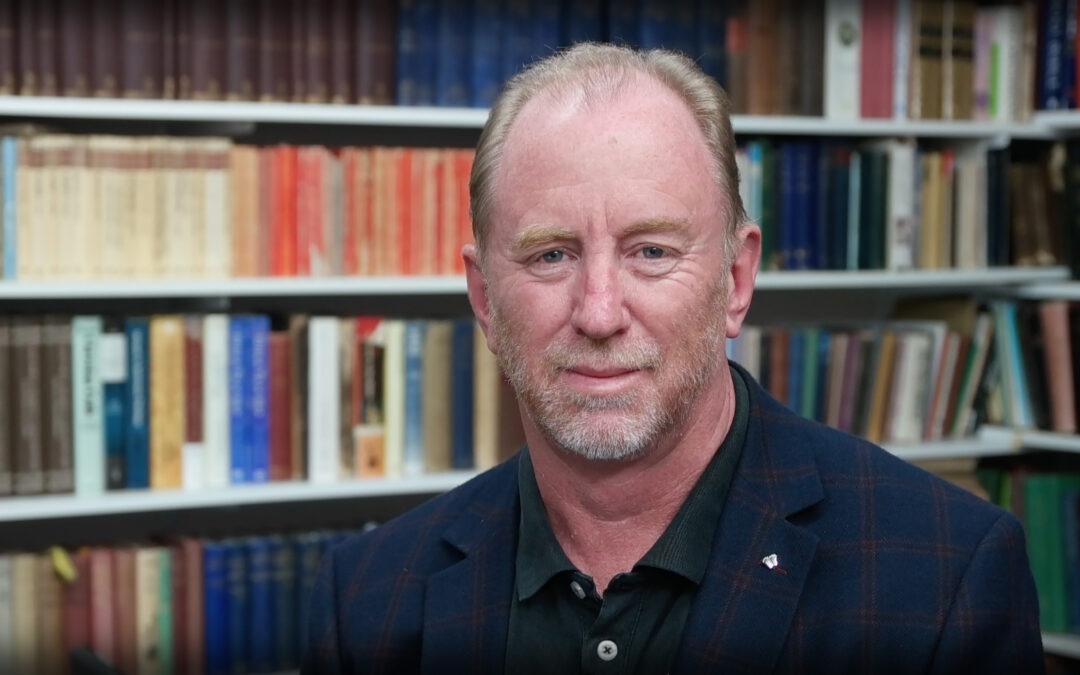
by Andrew Corbett | Aug 11, 2021 | Pastoral |
Do Christian preachers actually need to preach from the Bible? Apparently yes and apparently no. Apparently ‘yes’ in that it seems some preachers feel obliged to at least use a verse from the Scriptures to pre-empt their message which may not necessarily bear any relationship to that verse. And apparently ‘no’ because some preachers don’t even feel the need to use even a verse of Scripture, or make any reference to it! Whether you preach topically or expositorily you must undertake the process of exegesis.
Exegesis is the process of getting out (‘ex’) of the text what is truly there in the first place. The opposite to exegesis is eisegesis. This is the process of putting into the text something that wasn’t intended by the author. So let’s explore how to do eisegesis (although most people don’t actually need to be instructed on how to do this!).
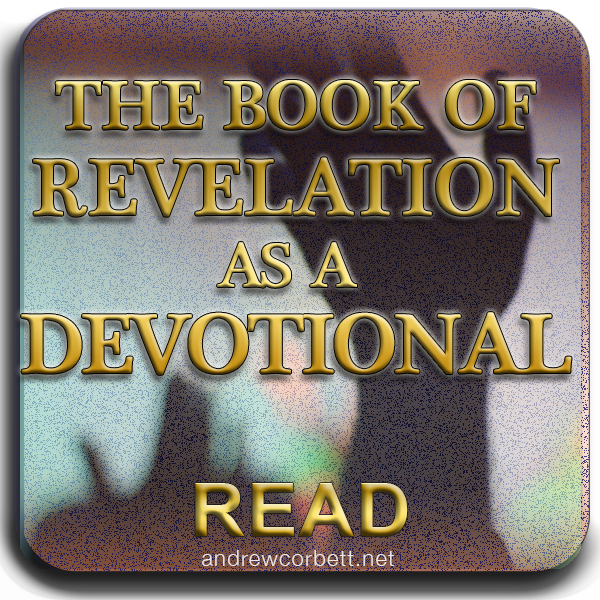
by Andrew Corbett | Jan 5, 2021 | Pastoral |
Many Biblical devotionals do not start with exegeting a text. This is sometimes justified with the fanciful notion that a Biblical passage can legitimately have multiple interpretations. But it is generally acknowledged in the field of Hermeneutics that one of the guiding principles is that the Bible has one intended meaning (which is the goal of interpretation) and multiple applications (which is the goal of devotionalism). Of all the devotional commentators of the Bible, Matthew Henry is probably the most renowned. He wrote a devotional commentary on nearly every book of the Bible. What makes Matthew Henry’s comments so valuable is that he had a better than average exegetical understanding of the text he was sharing his devotional thoughts on. The other value of his commentary is that it reveals how the Puritans approached the Text in the light of Papal apostasies. This is particularly apparent with his comments about the Book of Revelation. For example, his comments on Revelation 17 (which describes the “Harlot of Babylon”) contains references to “Papal Rome” and “the Papacy”. Matthew Henry the Exegete knew better than this, but Matthew Henry the Puritan Presbyterian Pastor was committed to the established idea that the Bible prophetically warned of the looming evils of the Papacy…
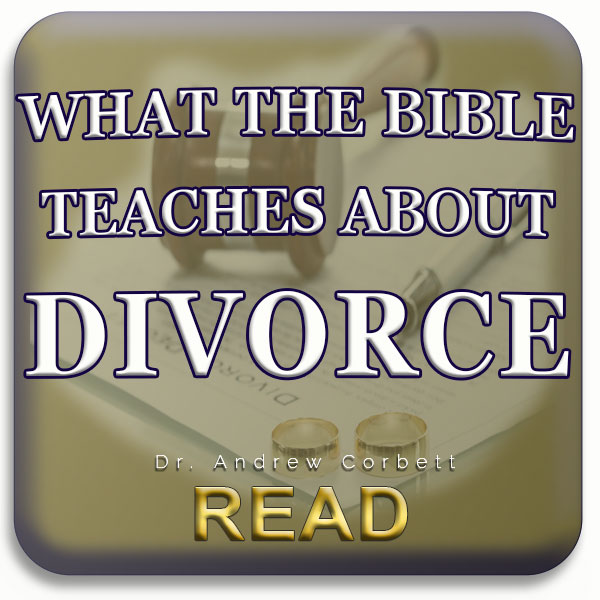
by Andrew Corbett | Sep 30, 2019 | Pastoral |
What the Bible teaches about divorce.
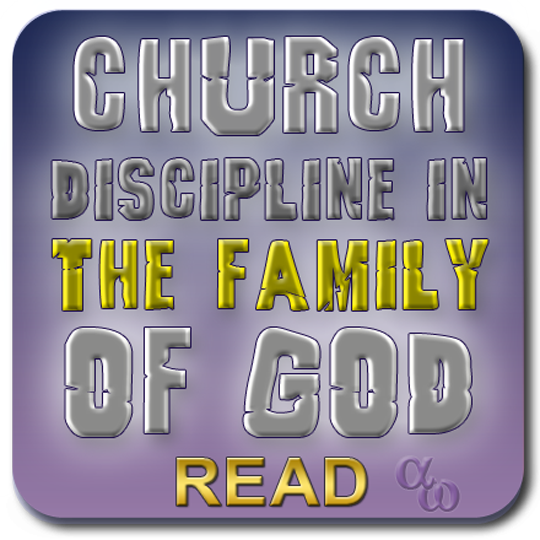
by Andrew Corbett | Jun 4, 2017 | Pastoral |
Church discipline corrects, holds leaders accountable, and teaches people to think twice before acting foolishly. It is always redemptive. That is, it restores those it disciplines. Discipline brings cohesion to a group such as a church, but especially a family. It helps to prevent people from hurting others and themselves. It serves to maintain unity within a church by keeping people accountable to the highest standards of cooperation.
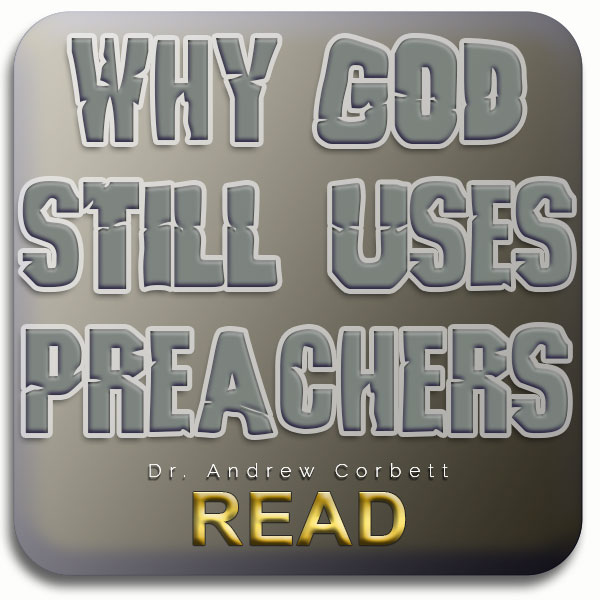
by Andrew Corbett | Mar 7, 2017 | Pastoral |
WHY GOD STILL USES PREACHING I once had someone tell me that preaching was no longer necessary in a church service. They reasoned that in the days of the early church there were no copies of the New Testament yet. Therefore, they needed preachers to inform them of...
by Andrew Corbett | Nov 26, 2016 | Pastoral |
One of the facets of being an adult is learning how to get along with those you don’t always agree with. Many of my ministry friends have different perspectives on Scripture, politics, and church. For the most part, I have found that I do not need to ‘de-friend’ these colleagues over these sorts of issues. This doesn’t mean that I don’t have strong opinions about these matters – opinions which I am happy to share where appropriate, even with those who disagree.






